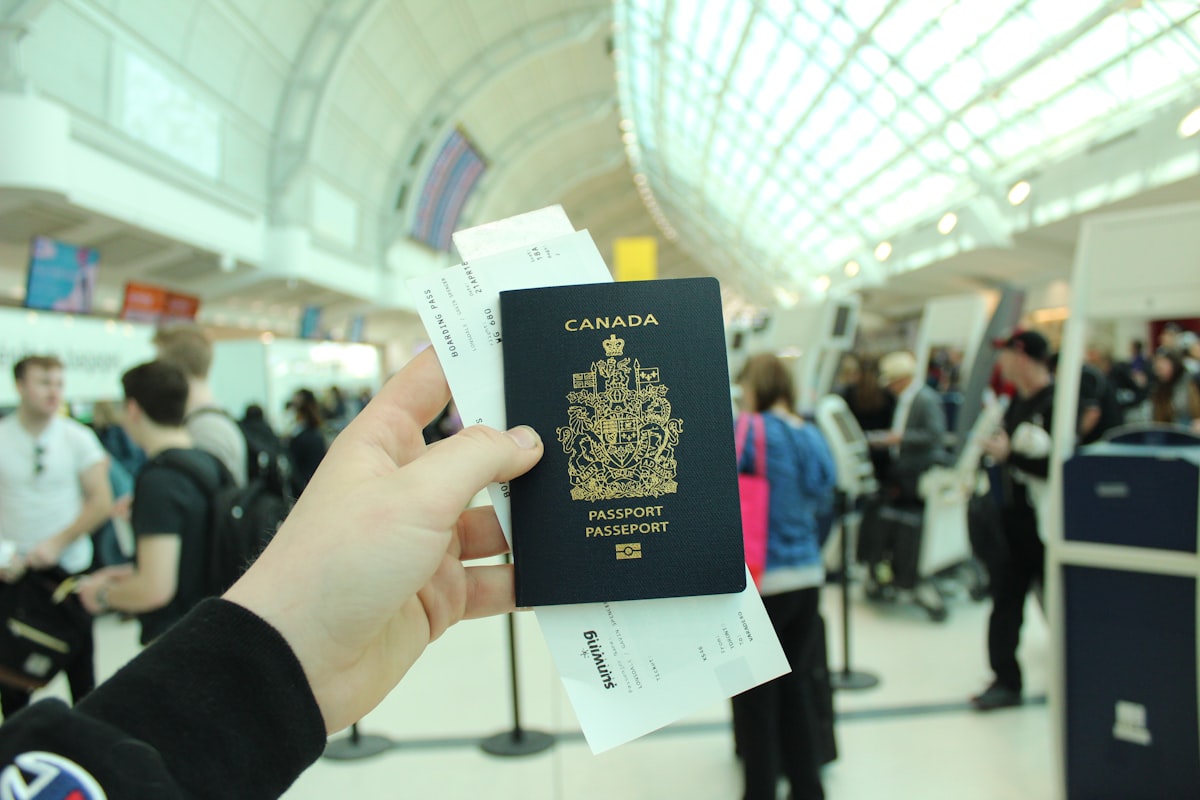New immigrants FAQs on opening a bank account in Canada.

Table of Contents
Are you planning to live and work in Canada for an extended period? If so, it would be more convenient to open a Canadian bank account, to get you started, we have answered a few questions on how to open a bank account in Canada as a non-resident. We hope that this information will help you make your move to Canada as enjoyable and simple as possible.
You do not legally have to have a Canadian bank account to work in Canada. However, most employers prefer one because it is easier to process payments and pay taxes. It also allows you to build a credit history; anyone hired in Canada will have to pay taxes. Non-residents who do not have a Canadian bank account can also pay the Canada Revenue Agency by bank transfer or internationally issued credit card through third party services such as World Remit.
Yes. Even if you are not a citizen of Canada or live in another country, you can still open a bank account with proper identification.
In Canada, you also have the right to open a bank account if:
- Do not have a job.
- There is no money to immediately put into the account
- Bankruptcy
Yes, you can open a bank account abroad in Canada. However, the process is not simple and takes a few days. You will also need to file your immigration documents; if you need to apply for a bank account before arriving in Canada, it may be easier to open an international bank account.
Major banks in Canada
There are five major banks in Canada.
- Royal Bank of Canada (RBC)
- Toronto-Dominion Bank (TD Bank)
- Scotiabank
- Montreal Bank (BMO)
- Canadian Imperial Commercial Bank (CIBC)
Opening a bank account
Specific requirements may vary by financial institution. So, it is always a good idea to call your bank in advance to make sure all documents are correct.
In most cases, you will be requested for following documents and information.
- valid and unexpired passport
- Immigration documents (or if you have a green card)
- Social Insurance Number (SIN)
- Proof of address
Most banks will probably accept one of the following immigration documents:
- Temporary residence permit
- work or study permit
- Confirmation of permanent resident document
Social Insurance Number
To apply for a Social Insurance Number (SIN), you will need two documents.
- A valid basic document proving your identity and legal status in Canada, such as a work or study permit.
- Valid supporting documents for identification purposes, such as passports or government-issued identification cards
There is no fee to apply for a Social Security Number (SIN). You must provide all necessary documents and take them to the nearest Service Canada office. In some cases, you can apply by mail. To find out if you are eligible to apply by mail.
- Proof of address
- Proof of physical address, such as utility bills, copies of rentals, and student registration documents (if studying in Canada) are generally acceptable.
Monthly fees
Banking is free for newcomers to Canada, but only for a limited time. At the end of that period, the fee is up to CAD $30. Many banks waive this fee by leaving a minimum balance in your account. In most cases, the minimum amount is approximately CAD $3,500.
Transaction fees
Most accounts offer a limited number of free transactions each month. If you exceed the limit, you will be charged a fee of approximately CAD $1 per transaction. Some accounts offer unlimited free transactions but have higher monthly fees and minimum balance requirements.
ATM fees
Withdrawal of cash at an ATM is free if you use your own banking machine. However, if you use an ATM from another bank, it is about CAD $1.50 per transaction.
International remittance fee
Most major Canadian banks offer some free international money transfers to newcomers, but you may have to pay a fee when sending money and then get it back later. Hidden fees may also be charged in the form of very low exchange rates. Also, your home bank may still charge a fee to complete the transfer.
So, if you plan to send money abroad on a regular basis, interbank transfers may not be your best bet.
If so, what are the alternatives? Instead of using traditional interbank transfers, it is usually simpler, faster, and more economical to use a professional money transfer service like World Remit.















